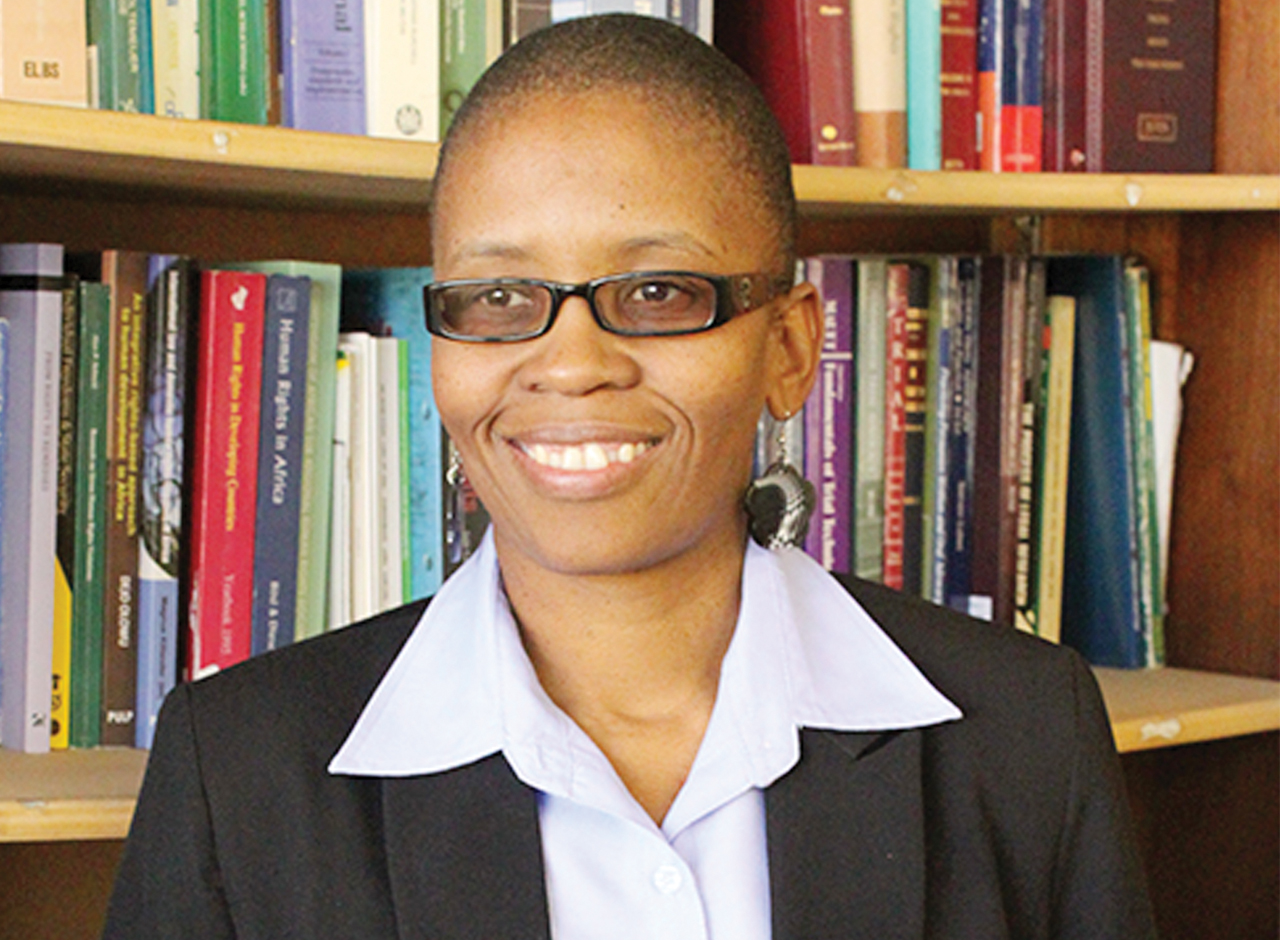Andrew Kathindi
Justice Minister Yvonne Dausab says a sex offender’s registry will be implemented by March next year, following up on a motion by Popular Democratic Movement (PDM) parliamentarian Winnie Moongo, which lapsed last year.
Dausab told Windhoek Observer that her intent to take it up the matter, was to stop repeat offences. “The intention of such a proposed law is to protect our vulnerable communities, including adults from being subjected to future sexual assault and harassment. It is also meant to shame them, so that the victim is not the only one that carries that burden,” she said.
“Whether we use the law to protect, punish, rehabilitate and restore some dignity, it must be done taking into account the rights of the victim, society and the accused.”
A sex offender’s registry would see the names of convicted sex offenders being entered into a list that would be accessible to the public. In countries where it has been adapted, sex offender registries generally also include the offender’s address, physical appearance, and criminal history.
Besides Moongo’s motion, the sex offenders’ registry has long been called for, particularly in last year’s #ShutItAllDown demonstrations.
“The MoJ has done some preliminary research that suggests while the policy of protecting children is cardinal. We must at all times ensure that principles of the presumption of innocence is considered.”
Dausab said that unless someone is actually convicted of the crime they are accused of, such a person should not be placed on the register.
“The idea of a register is not to willy nilly place people accused of sexual crimes on the list.”
A sex offenders registry was partially introduced in the Child Care and Protection Act of 2015 according to the Minister.
The intent in that legislation, she said, was to protect vulnerable children from possible abuse by persons who have been found to sexually assault children. “With that provision, such persons are not allowed to be employed at places that children are likely to be exposed to such an adult. Among others, these would be schools, children’s homes, etc.”
On how the sex offenders registry would impact cases where the victim withdraws a case, the Justice Minister said, “The process must be objective, reasonable and fair to everyone involved including the protection of the rights of the victim, such as privacy, etc.”
“Crimes against society such as rape and violence, belong to the State, and while it is difficult to proceed with a case where the victim has withdrawn, the State must be willing to proceed with the prosecution.”
On 24 February Moongo re-tabled the motion in Parliament, requesting that the House discusses the need for the creation of a Sex Offenders Register.
“There has of late been a number of violent rape incidents perpetuated against women and children across the country. In most cases, these incidents take place within homes and institutions deemed to be safe. It is thus imperative that we create a comprehensive Sex Offenders Register to identify potential would-be offenders and protect our women.”
On 7 October, Moongo had argued that a sex offenders’ register would be set up to assist Government and law enforcement officials to keep track of what convicted offenders of Sexual Crime are up to.These would include those who are serving their sentences in prison, and those who have served their sentences and are now integrated into society.
“The Namibian Police recorded 3164 rape cases between 2016 and 2019 only. This translates into 1054 rape incidents per year, and about three rape incidents per day. These are but just the official numbers. It is common cause that rape is one of the most underreported crime in Namibia, mostly due to the social taboo and victimization that rape victims have to endure.”




